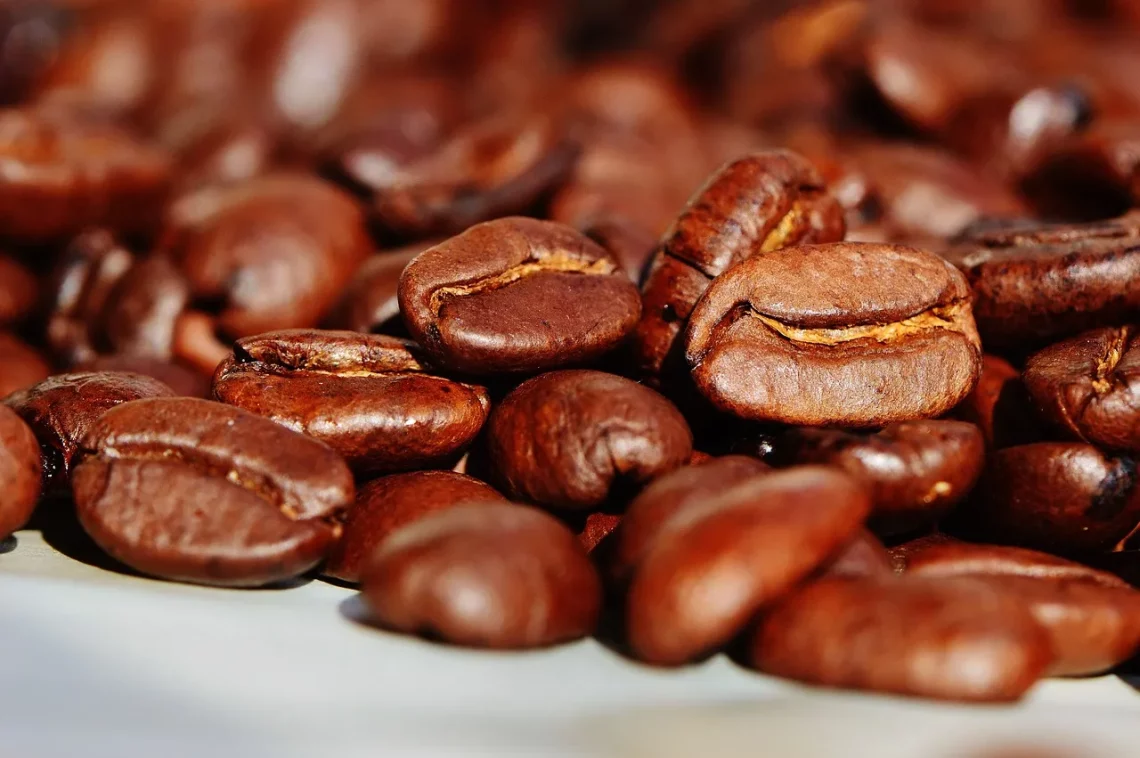
The Rise of Decaf: Enjoying Coffee Without the Jitters
Coffee is more than just a beverage; it is a ritual, a source of comfort, and a daily necessity for millions around the globe. The rich aroma of freshly brewed coffee wafting through the air can evoke memories of cozy mornings or lively gatherings. However, as the understanding of health and wellbeing evolves, so do the preferences of coffee drinkers. Among these preferences, decaffeinated coffee has risen to prominence, attracting those who wish to enjoy the beloved flavor of coffee without the associated jitters or anxiety that caffeine can sometimes bring.
Decaf coffee offers a unique solution for individuals seeking to reduce their caffeine intake while still savoring the deep, rich flavors of their favorite brew. The process of decaffeination has advanced significantly, allowing for a product that retains much of the original taste. As more people become aware of the benefits of cutting back on caffeine—whether for health reasons, sensitivity to its effects, or simply a desire for a more balanced lifestyle—decaf is no longer viewed as a second-rate option but rather as a legitimate choice for coffee enthusiasts.
In this evolving landscape of coffee consumption, the rise of decaf reflects broader trends in health awareness and lifestyle choices. It caters to a diverse audience, from those managing health conditions to casual drinkers who appreciate a good cup of coffee at any time of day. This shift is not just about the drink itself; it signifies a broader understanding of personal wellness and the importance of making informed choices about what we consume.
The Decaffeination Process: More Than Just a Trend
Decaffeination is a fascinating process that transforms regular coffee beans into their decaffeinated counterparts. The journey begins with green coffee beans, which are unroasted and contain naturally occurring caffeine. To remove this caffeine, several methods are employed, each with its unique advantages and drawbacks.
One of the most popular methods is the Swiss Water Process, which utilizes water to extract caffeine. In this method, the green beans are soaked in hot water, allowing the caffeine to dissolve. The water is then passed through a carbon filter that traps the caffeine molecules, resulting in decaffeinated beans. This process is chemical-free, appealing to those who prefer organic and natural options.
Another common method is the use of solvents, typically methylene chloride or ethyl acetate, to extract caffeine. While effective, this method raises some concerns among health-conscious consumers due to the use of chemicals. However, these solvents are thoroughly removed during processing, leaving behind minimal residues.
The carbon dioxide method is another innovative technique that uses pressurized carbon dioxide to extract caffeine. This method is efficient and preserves the beans’ flavor profile, making it a favored choice among premium coffee producers.
Regardless of the method used, the aim remains the same: to maintain the integrity of the beans while stripping away the caffeine. Understanding these processes is crucial for consumers who wish to make informed decisions about their coffee choices. As the decaf market grows, transparency in these methods becomes increasingly important, allowing coffee lovers to enjoy their brews with peace of mind.
The Health Benefits of Decaf Coffee
Decaffeinated coffee is often misunderstood, with many believing it lacks the same health benefits as its caffeinated counterpart. However, this perception is changing as more studies highlight the potential advantages of decaf.
One significant benefit is its lower caffeine content, which can be advantageous for individuals sensitive to caffeine or those looking to reduce their intake. Caffeine can lead to increased heart rate, anxiety, and sleep disturbances. For those with certain health conditions, such as acid reflux or heart palpitations, decaf coffee can provide a satisfying alternative without triggering undesirable symptoms.
Moreover, decaf coffee still contains many beneficial compounds found in regular coffee, including antioxidants. These antioxidants can help combat oxidative stress in the body, potentially lowering the risk of chronic diseases. Some studies suggest that decaf coffee consumption is linked to a reduced risk of type 2 diabetes and liver disease, underscoring its health-promoting properties.
Additionally, the ritual of drinking decaf coffee can provide psychological benefits. For many, the experience of sipping a warm cup of coffee is comforting and can enhance mood, regardless of caffeine content. This enjoyment can contribute to overall wellbeing, making decaf a valuable part of a healthy lifestyle.
While decaf coffee does offer many benefits, it is essential to remember that individual responses may vary. People should listen to their bodies and consult with healthcare professionals if they have specific health concerns. As with any dietary change, moderation and mindfulness are key.
Decaf Coffee Culture: A Growing Community
The rise of decaf coffee has also birthed a vibrant community of enthusiasts who appreciate the nuances of flavor and quality in decaffeinated brews. As coffee culture continues to evolve, decaf is no longer the last resort for caffeine-sensitive drinkers; it has become a respected option in specialty coffee shops and among home brewers.
With the growing interest in decaf, many roasters are now focusing on sourcing high-quality beans specifically for decaffeination. This shift has led to the emergence of artisanal decaf blends that showcase the unique flavor profiles of different coffee origins. Coffee lovers can now explore a wide range of decaf options, from fruity Ethiopian beans to nutty Brazilian varieties, each offering a distinct taste experience.
Furthermore, the rise of decaf coffee has encouraged innovation in brewing techniques. Many coffee shops are experimenting with different brewing methods, such as pour-over and cold brew, to enhance the flavor of decaffeinated coffee. This experimentation not only elevates the quality of decaf but also invites a broader audience to engage with coffee culture.
Social media has also played a significant role in promoting decaf coffee. Coffee enthusiasts share their brewing techniques, favorite brands, and recipes online, fostering a sense of community among those who appreciate the art of coffee-making. This digital dialogue helps to normalize decaf coffee, allowing it to shine in its own right rather than being overshadowed by its caffeinated sibling.
As the decaf coffee movement continues to grow, it encourages a more inclusive coffee culture where all preferences are celebrated. Whether one drinks decaf for health reasons or simply enjoys the flavor, the community surrounding this beverage is vibrant and welcoming.
Choosing the Right Decaf Coffee for You
With the increasing variety of decaf coffee available, selecting the right one can be an enjoyable yet daunting task. To ensure a satisfying experience, it is helpful to consider a few key factors when choosing decaffeinated coffee.
First, assess your flavor preferences. Decaf coffee can vary widely in taste, depending on the origin of the beans and the decaffeination process used. Experimenting with different blends and roasts can help you discover what you enjoy most. Light roasts tend to highlight the beans’ natural acidity and fruitiness, while dark roasts offer a richer, bolder flavor.
Second, consider the brewing method you plan to use. Some decaf coffees perform better with specific brewing techniques. For instance, if you enjoy cold brew, look for coarsely ground decaf options that can withstand longer steeping times. Conversely, if you prefer espresso, a finely ground decaf option may suit your needs better.
Additionally, pay attention to the sourcing and roasting practices of the brands you choose. Many consumers today are interested in sustainability and ethical sourcing. Look for decaf coffees that are certified organic or fair trade, ensuring that your beverage supports responsible farming practices.
Lastly, don’t hesitate to ask for recommendations from baristas or fellow coffee enthusiasts. Many coffee shops are proud of their decaf offerings and can guide you toward options that align with your preferences. Tasting different varieties and engaging in conversations about decaf coffee can enhance your appreciation for this often-overlooked segment of the coffee world.
In conclusion, the rise of decaf coffee signifies a broader shift in consumer preferences toward health consciousness and enjoyment. As more people embrace the idea of savoring coffee without the jitters, decaf is carving out its rightful place in the coffee culture landscape.
**Disclaimer:** This article is for informational purposes only and should not be considered medical advice. Always consult with a healthcare professional regarding health concerns or dietary changes.




